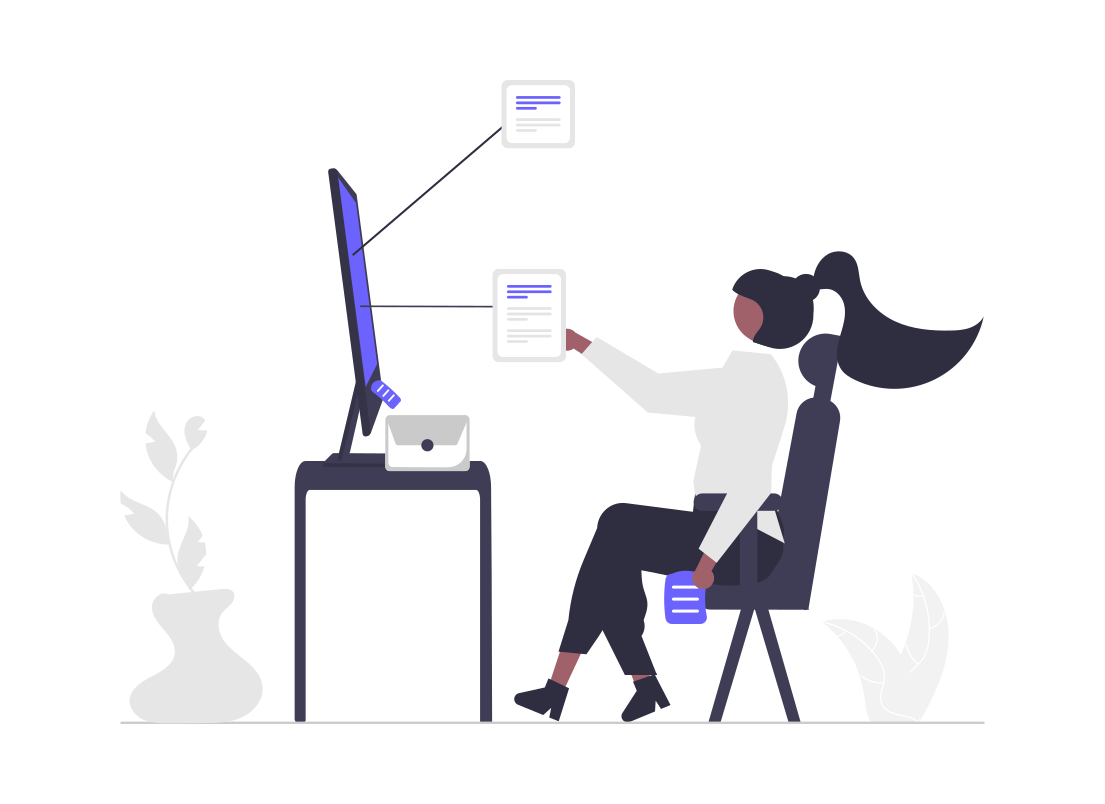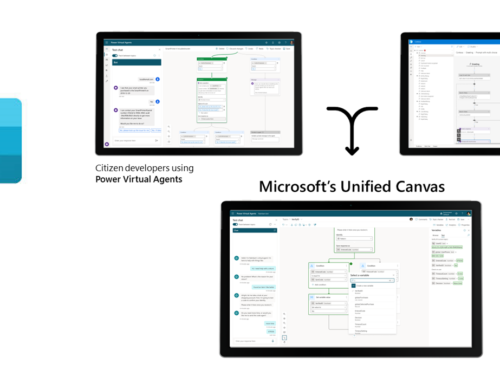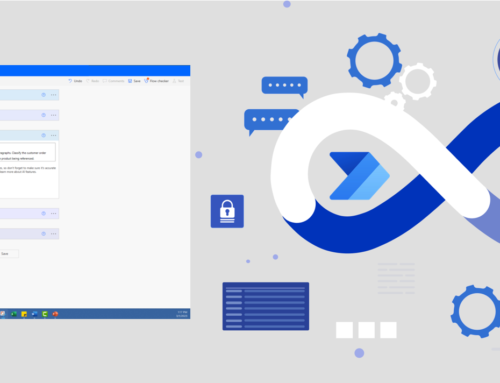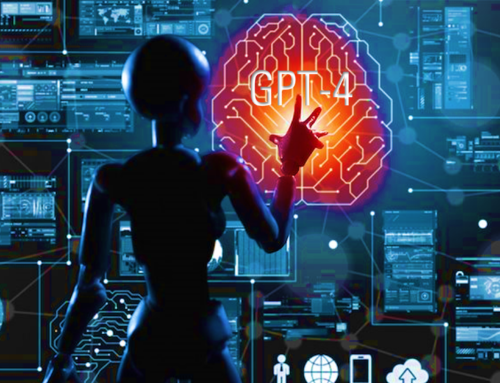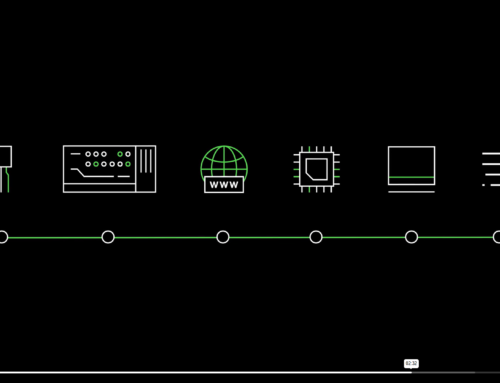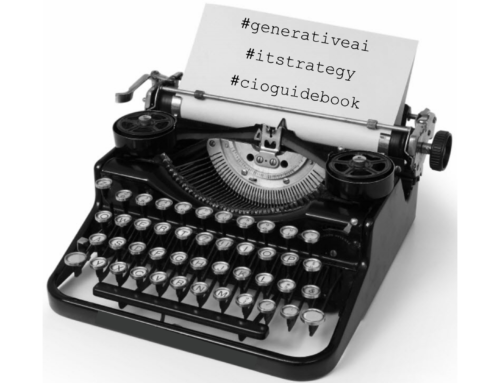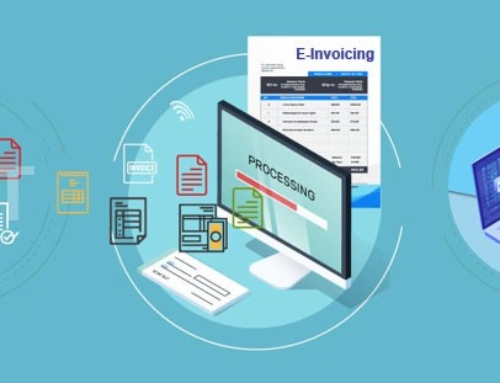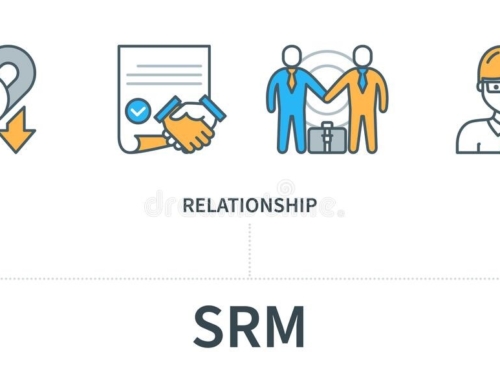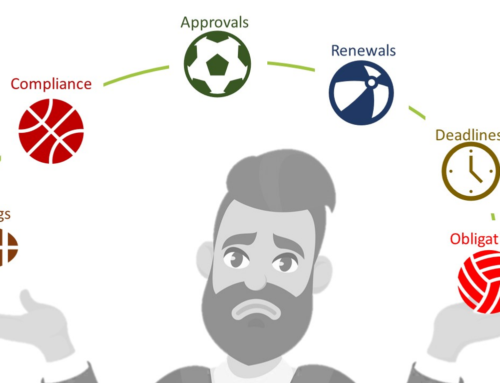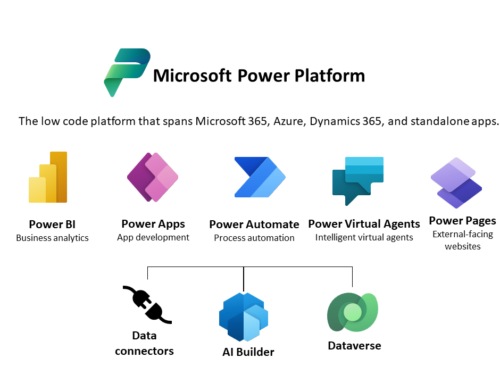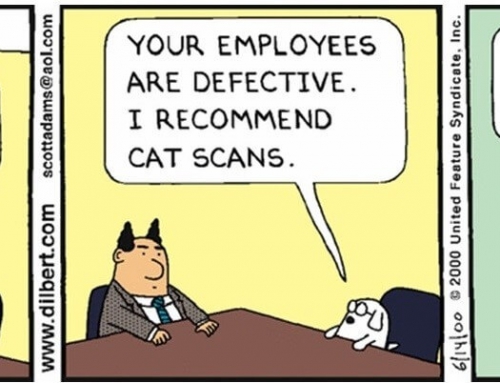- Contract generation: AI-powered contract generation software can automate the process of contract creation, reducing the time and effort required to draft contracts while also improving their accuracy and consistency.
- Contract analysis: AI algorithms can be trained to analyze contracts and extract relevant information, such as obligations, risks, and opportunities, to help organizations make more informed decisions.
- Contract negotiation: AI-powered negotiation tools can use data and machine learning algorithms to assist in contract negotiations, helping to identify mutually beneficial terms and reduce the time and effort required for negotiations.
- Contract monitoring and enforcement: AI can be used to monitor contracts for compliance and identify potential breaches, helping organizations to proactively address contract issues and minimize risks.
The benefits of using generative AI in contract management include improved efficiency, accuracy, and consistency in contract creation and negotiation. AI algorithms can be trained to analyze contracts and extract relevant information, such as obligations, risks, and opportunities, to help organizations make more informed decisions. AI-powered negotiation tools can use data and machine learning algorithms to assist in contract negotiations, helping to identify mutually beneficial terms and reduce the time and effort required for negotiations.
However, the use of AI in contract management also raises concerns related to privacy, transparency, and the accuracy of AI-generated contracts. For example, AI algorithms may use data that is sensitive or confidential, such as financial information or personal data, which could result in data breaches if the algorithms or systems are not properly secured. There is also a risk that AI-generated contracts may contain errors or may not be legally binding, which could result in legal or financial consequences for organizations.
To ensure that the use of generative AI in contract management is secure and compliant, organizations need to carefully consider the following security considerations:
- Data privacy and security: Ensure that the AI systems and data used for contract management are secure and protected against unauthorized access, tampering, or theft. This can include measures such as encryption, multi-factor authentication, and regular backups.
- Legal compliance: Work closely with legal experts to ensure that contracts generated by AI are legally binding and comply with relevant laws and regulations, such as data privacy laws and consumer protection laws.
- Algorithm transparency: Provide visibility into the workings of AI algorithms and their outputs, including the data and models used, to foster transparency and trust in the technology.
- Regular audits: Regularly audit the output of AI algorithms to ensure that they are generating contracts that are legally compliant and in line with organizational policies and procedures.
- Human oversight: Ensure that there is human oversight and review of AI-generated contracts to catch any errors or potential legal issues before they become a problem.
By keeping these security considerations in mind and implementing appropriate safeguards, organizations can help to ensure that the use of generative AI in contract management is secure and compliant, while also realizing the benefits of the technology.
In conclusion, the use of generative AI in contract lifecycle management has the potential to significantly improve the efficiency, accuracy, and consistency of contract management. However, organizations need to carefully consider the security and compliance implications of using AI in contract management and implement appropriate safeguards to ensure that contracts generated or analysed by AI are legally binding and in compliance with relevant laws and regulations.

